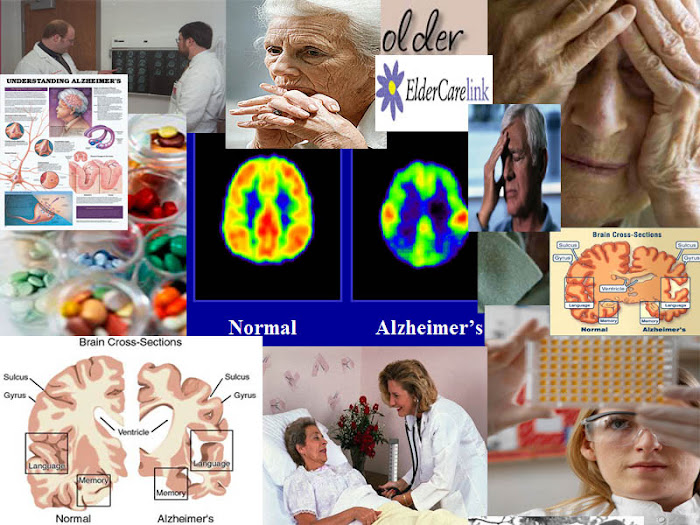Ive been making progress throughout the week. I've restarted the entire front page of the blue packet we were given and im already down to planing my interview which is the easiest part of the project in my eye's because that is where you get the answer to your questions.
I still need to do my notes and complete and outline. i think that will be my focus this weekend and i should be able to complete the task because there are about a thousand paper articles that ive read and highlighted so all i will be doing is making the trasition from highlighted article to word document.
As far as my interviews are concerned I have work to day so I will set up a meeting with my mentor who knows everyone within the building and hopefully ill get some names and numbers.
Im worried that there willl be somekind of law that will prevent me from asking questions or taking pictures for my presentation. but i may be wrong. im hoping im wrong.
Everything may work out for that part next week, so this weekend my plan is notes and outline this weekend.
Subscribe to:
Post Comments (Atom)
Key Terms
- 1. Warning Signs: There are 10 classic warning signs of Alzheimer's disease, which include: memory loss, Difficulty performing familiar tasks, problems with language, disorientation to time and place, poor or decreased judgment, problems with obstract thinking, misplacing things, changes in mood or behavior, changes in personality, and loss of initiative.
- 2. Targeted Victims: Most patients with Alzheimer's disease are over 65 years of age.
- 3. Research: Researchers have learned most of what they know about Alzheimer's disease in the past 15 years. Researchers are looking for new treatments to alter the course of the disease and improve the life of the people with dementia. Healh professionals divide symptoms in "Congative, Behavioral and mental" this will help detemine which treatment is best to use in the different cases.
- 4. Counseling: Caring for the caregiver is an essential element of managing the patient with Alzheimer's disease. Caregiving is a distressing expeirence. On the other hand, caregiver education delays nursing home placement of Alzheimer's disease patients. (The three(3) R's: "Repeat, Reassure, and Redirect.") These can help caregivers reduse troublesome behaviors and limit the use of medications.
- 5. Treatment: There is no cure for Alzheimer's disease but there are drug and non-drug treatments that can help with both "Cognitive" and behavioral symptoms.
- 6. Alzheimer’s Disease: Is a brain disease that destroys brain cells which causes problems with memory, thinking and behavior. It is sever enough to affect work, lifelong hobbies, or social life. It gets worst over time, and is fatal. It is the sixth-leading cause of death in the United States.
Helpful Links
- Alzheimer's Association
- Alzheimer's Disease Research
- Alzheimers association:AD Facts & Figures
- Class Blog Center
- HelpGuide: Caregivers Guide
- HelpGuide: What Care Givers Need
- Knowing The Stages of Alzheimers
- Making the Diagnosis
- Managing Alzheimer's with Combination Care
- MedicineNet: Symptoms,Diagnosis,& Treatment (AD)
- Namenda: AD and Its Effects on The Brain
- Namenda: Symptoms & Stages
- National Institute of Aging
- Stages of Alzheimers
- WebMD
- What is Alzheimers
- wikipedia: AD Caregiving and Dementia
- Wikipedia:AD

9/22/2009
ReplyDelete-finished outline
-started paper
-less than 1 page
GOALS
-action plan
-internship – Canterbury Place (elderly care facility), works with dementia
-interview Mrs. Savido’s husband’s father
-interview Canterbury Place director
-finish lit review draft
-interview Mrs. Savido’s husband on Monday 9/28/2009
9/29/2009
ReplyDelete-same as before
GOALS
-draft of lit review
-contact mentor
-how to I retroactively document my internship experience